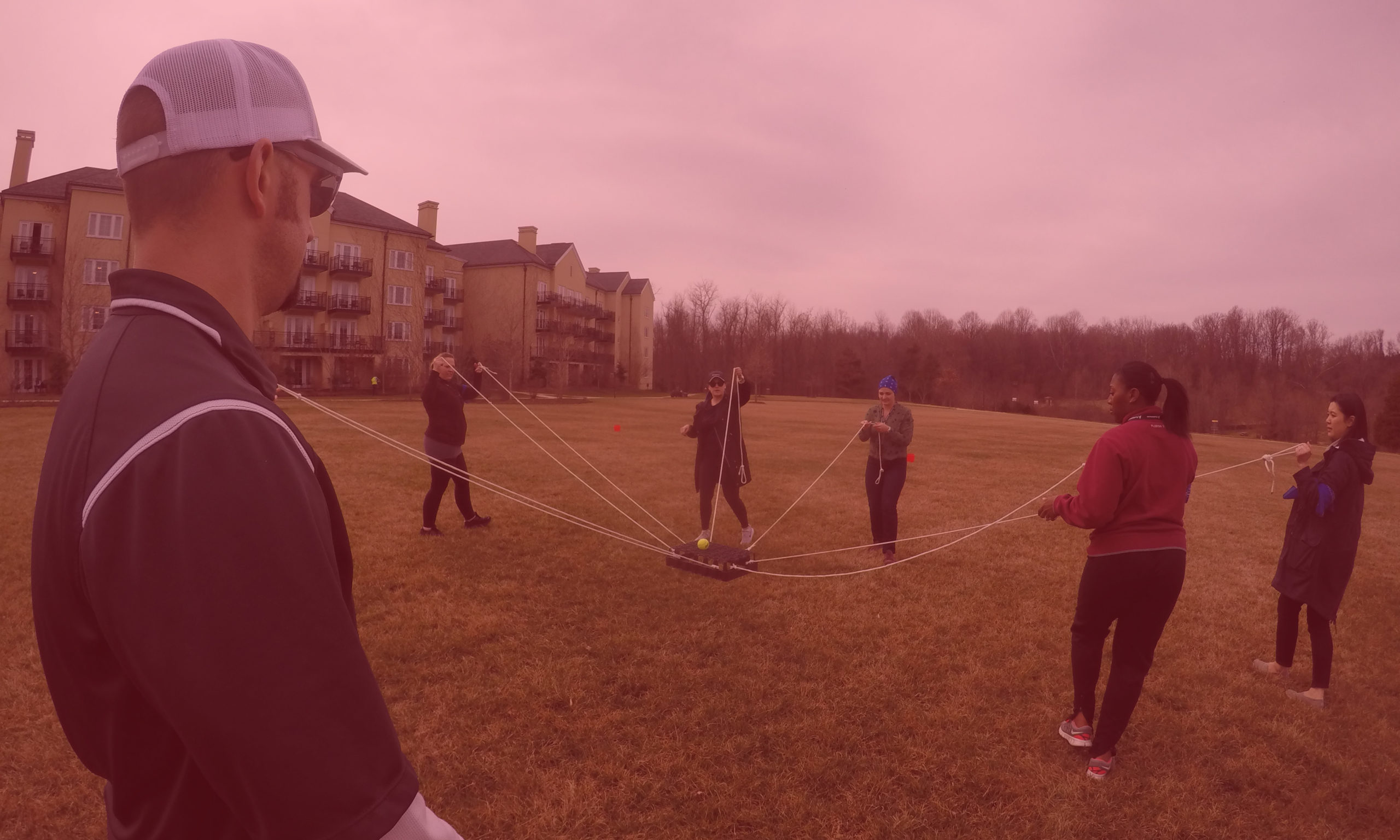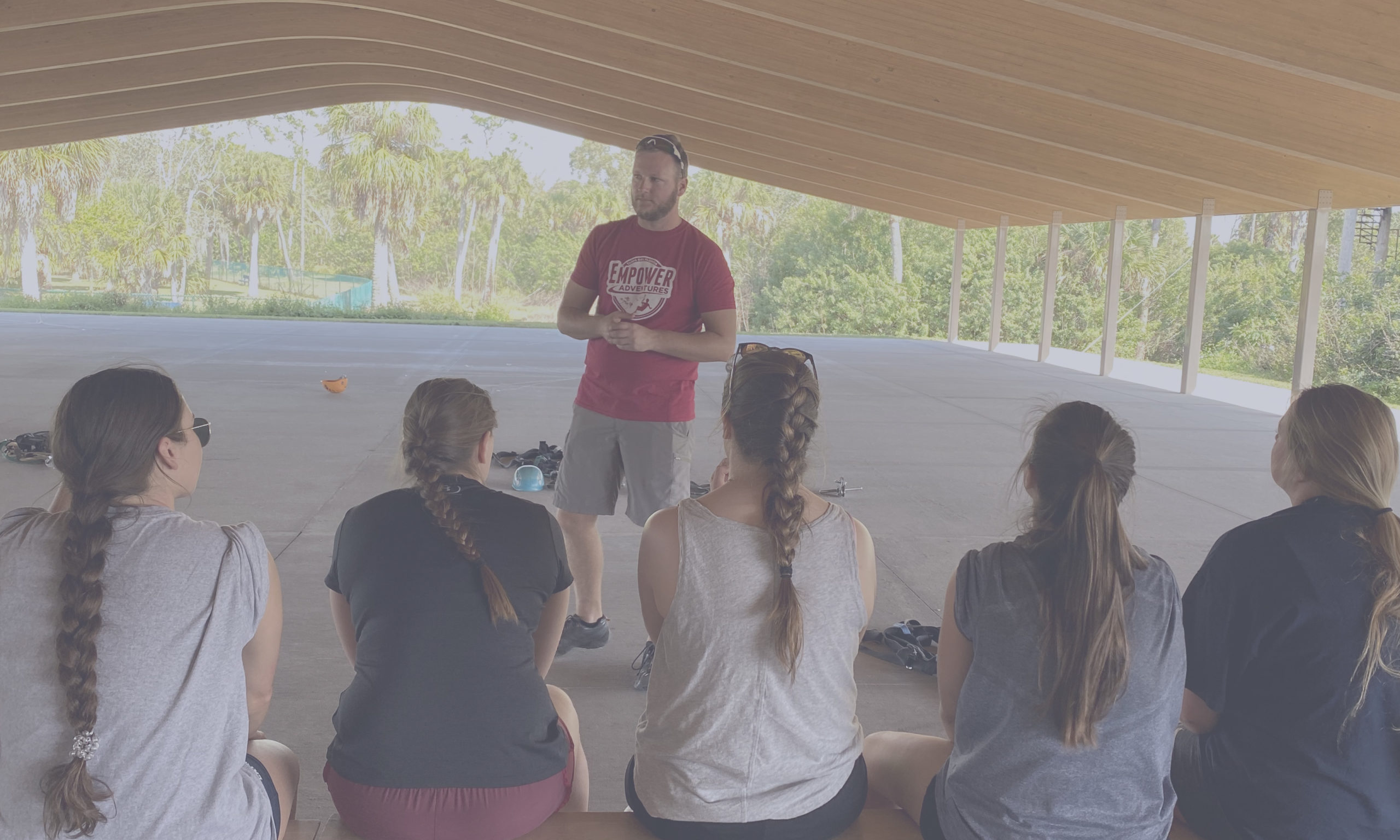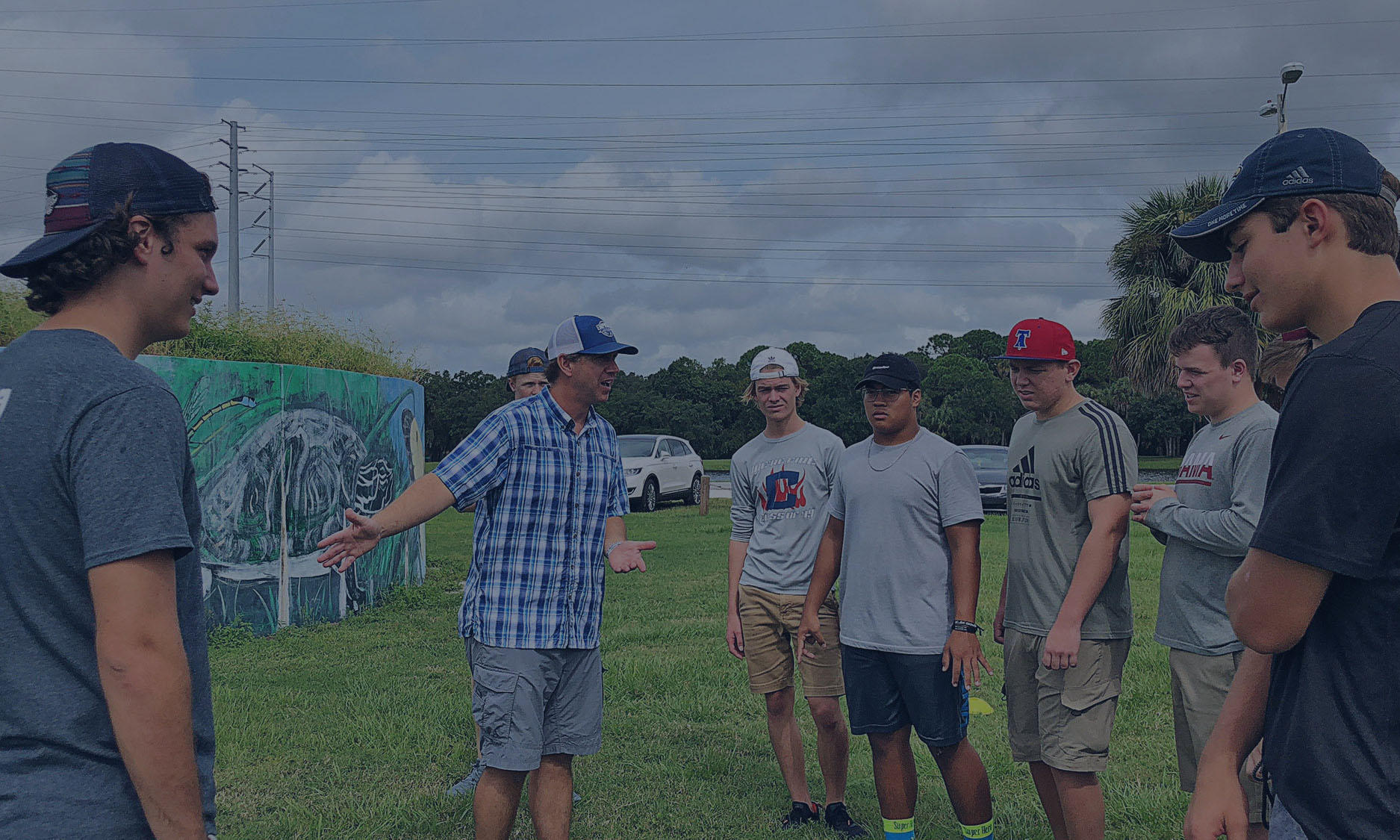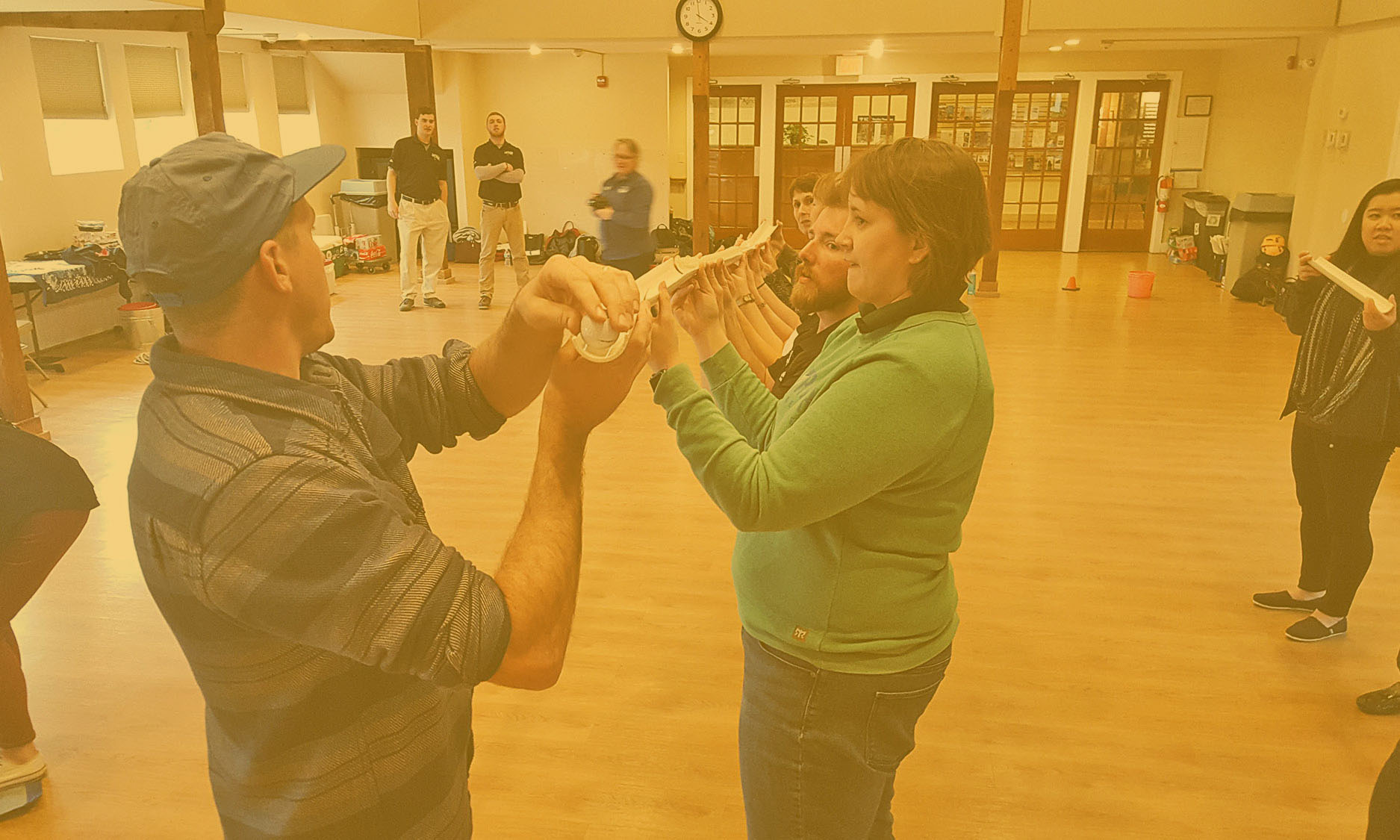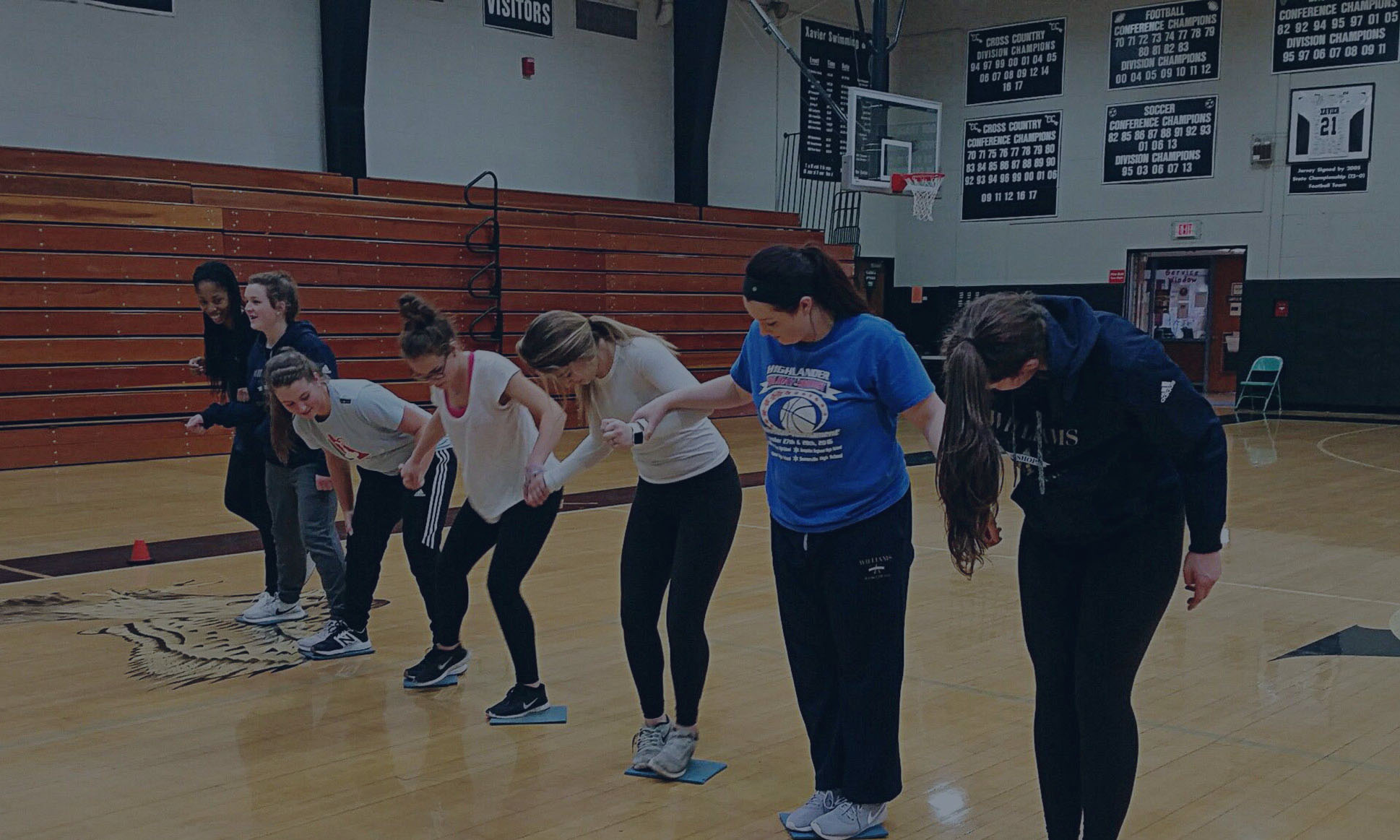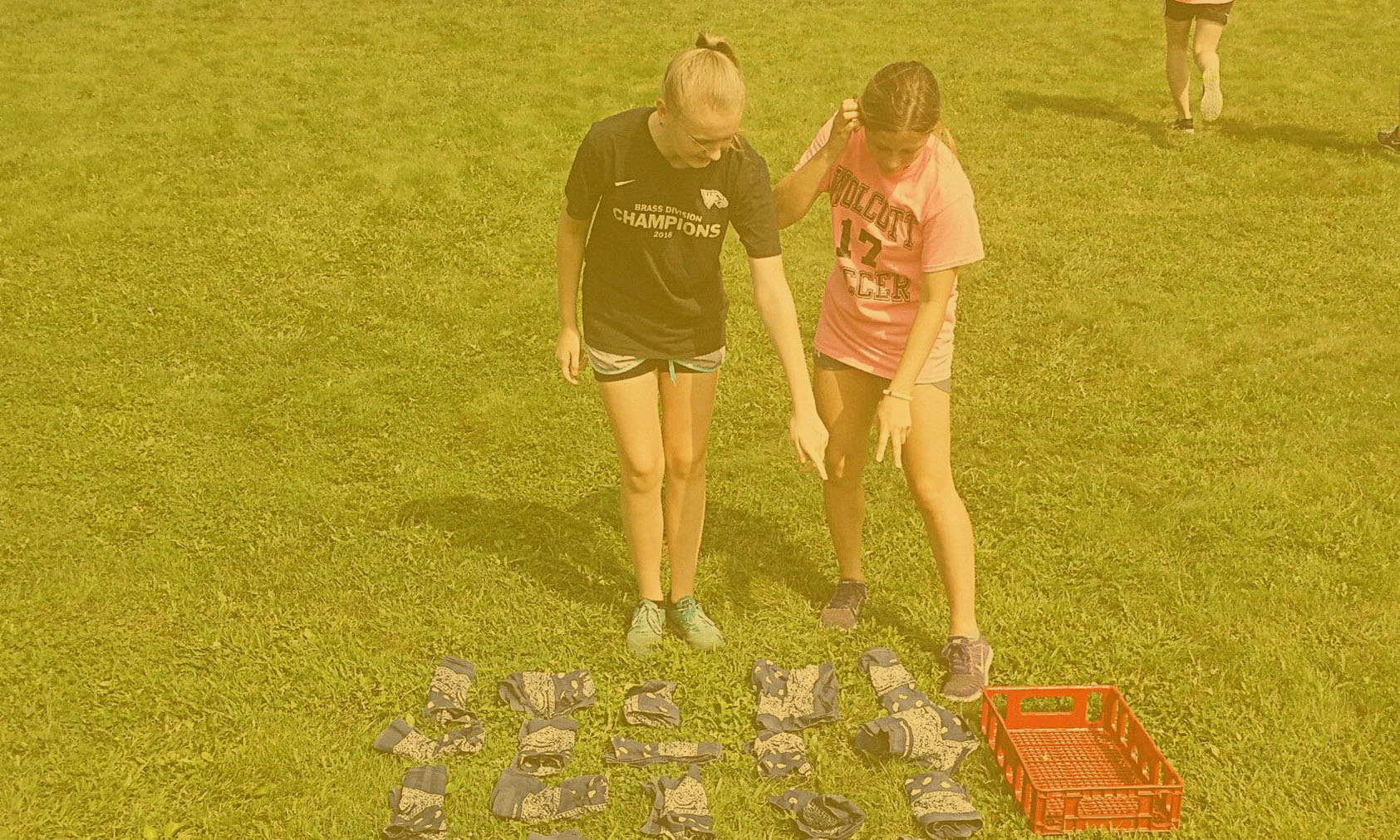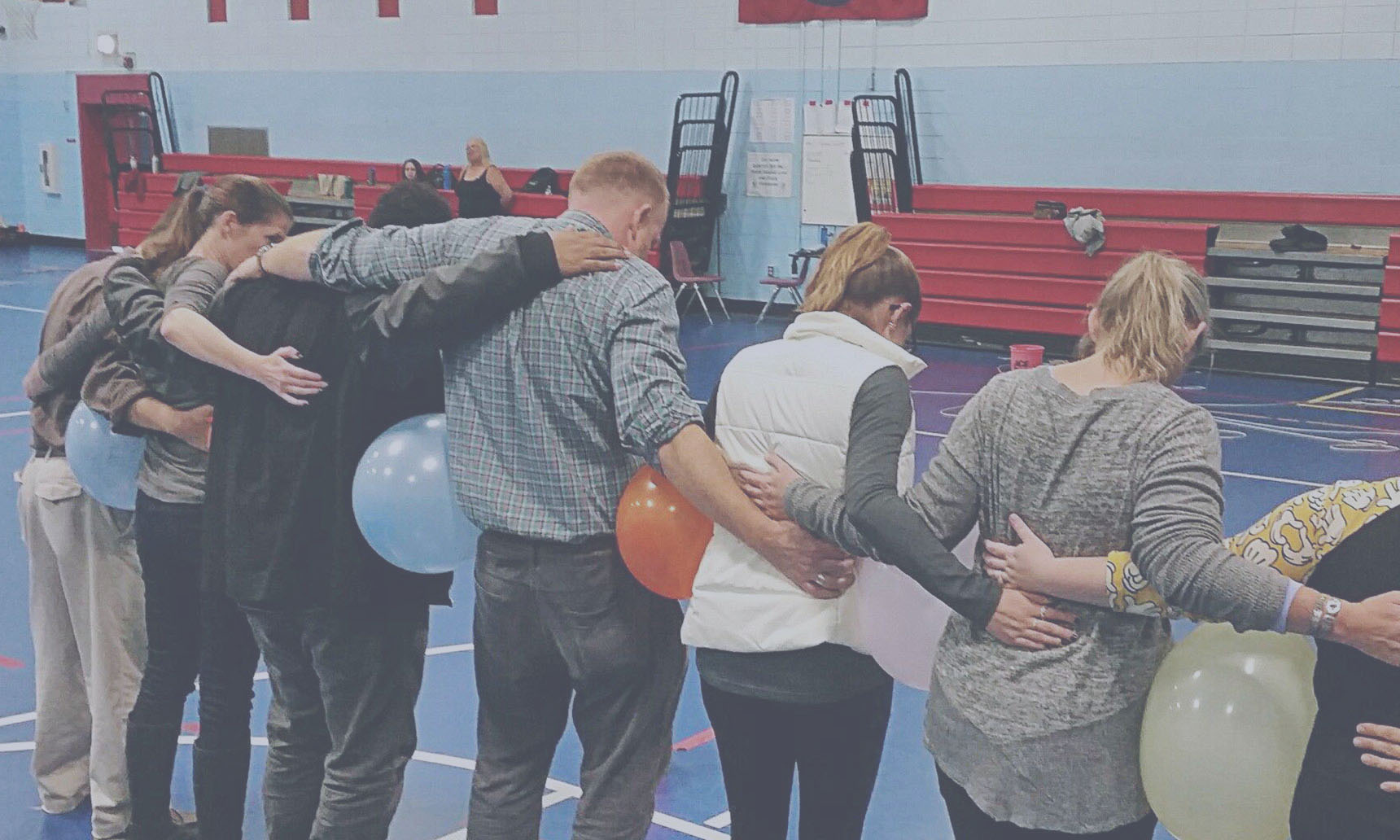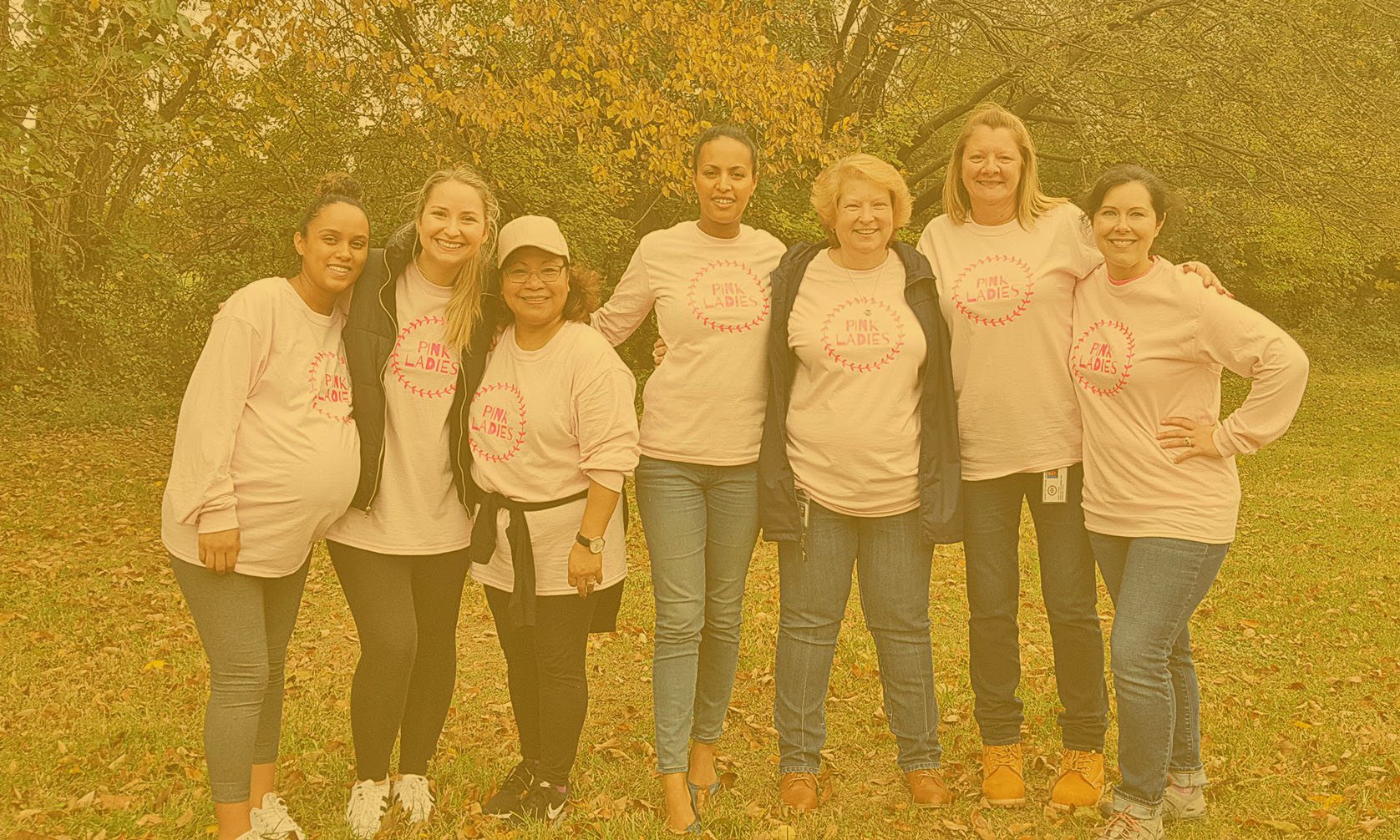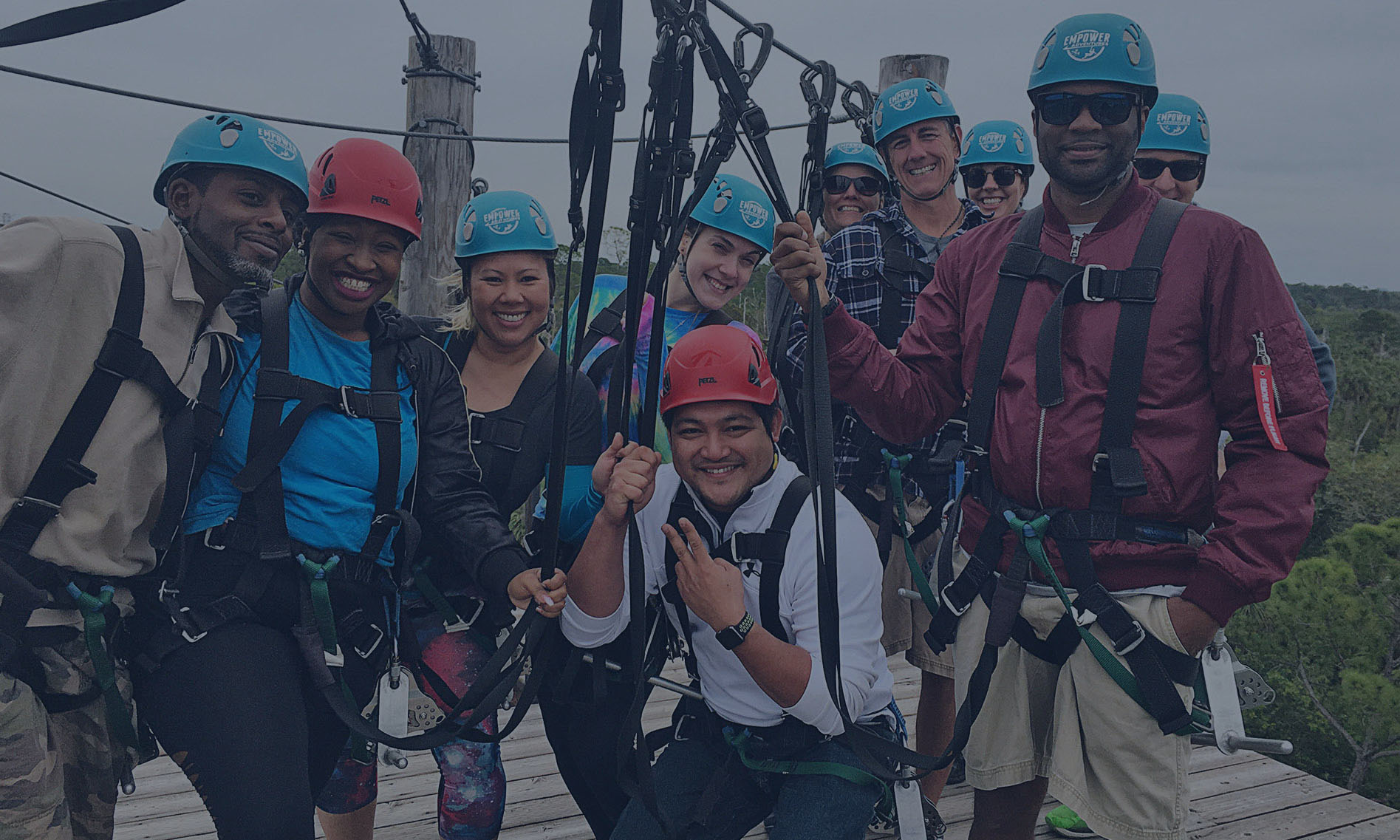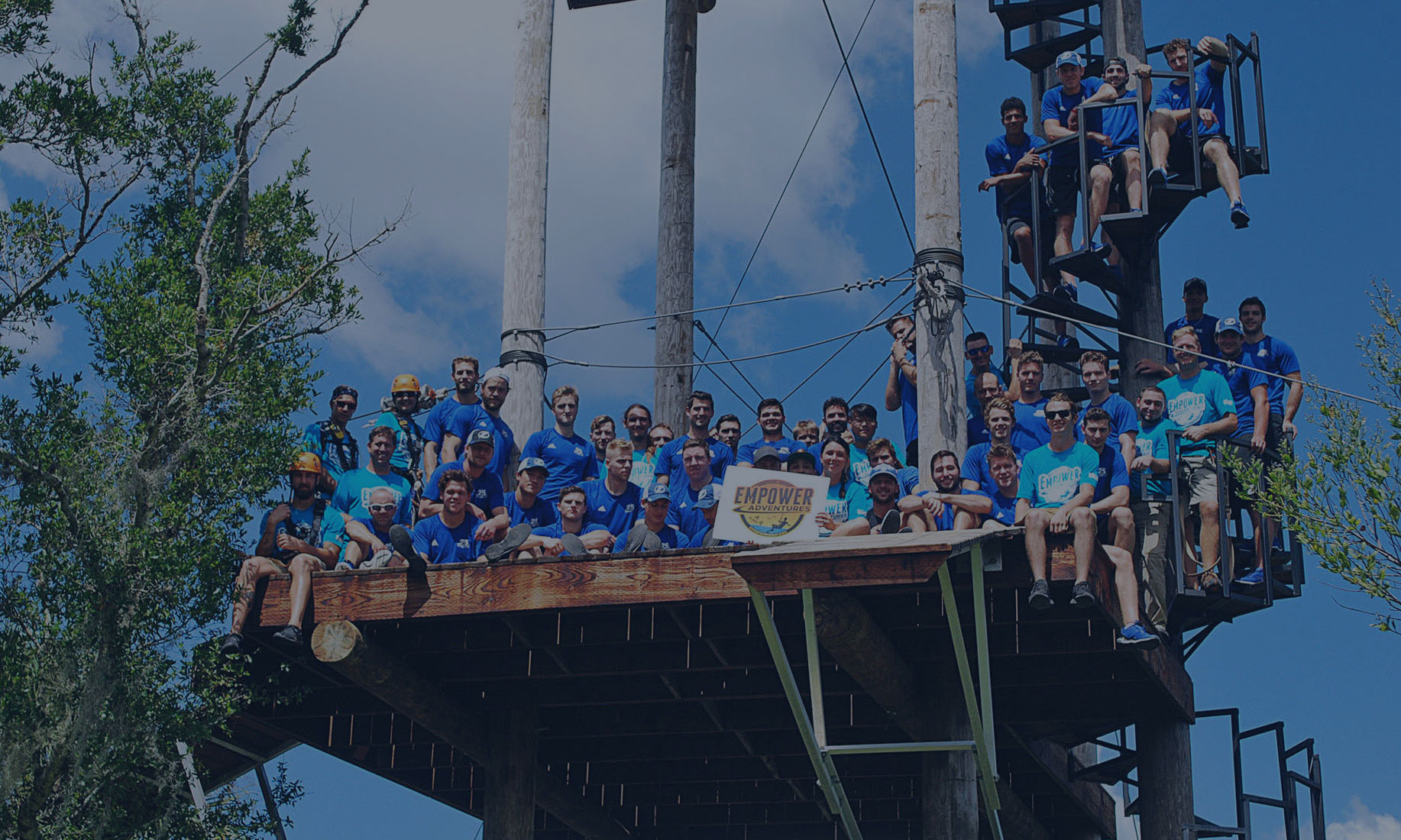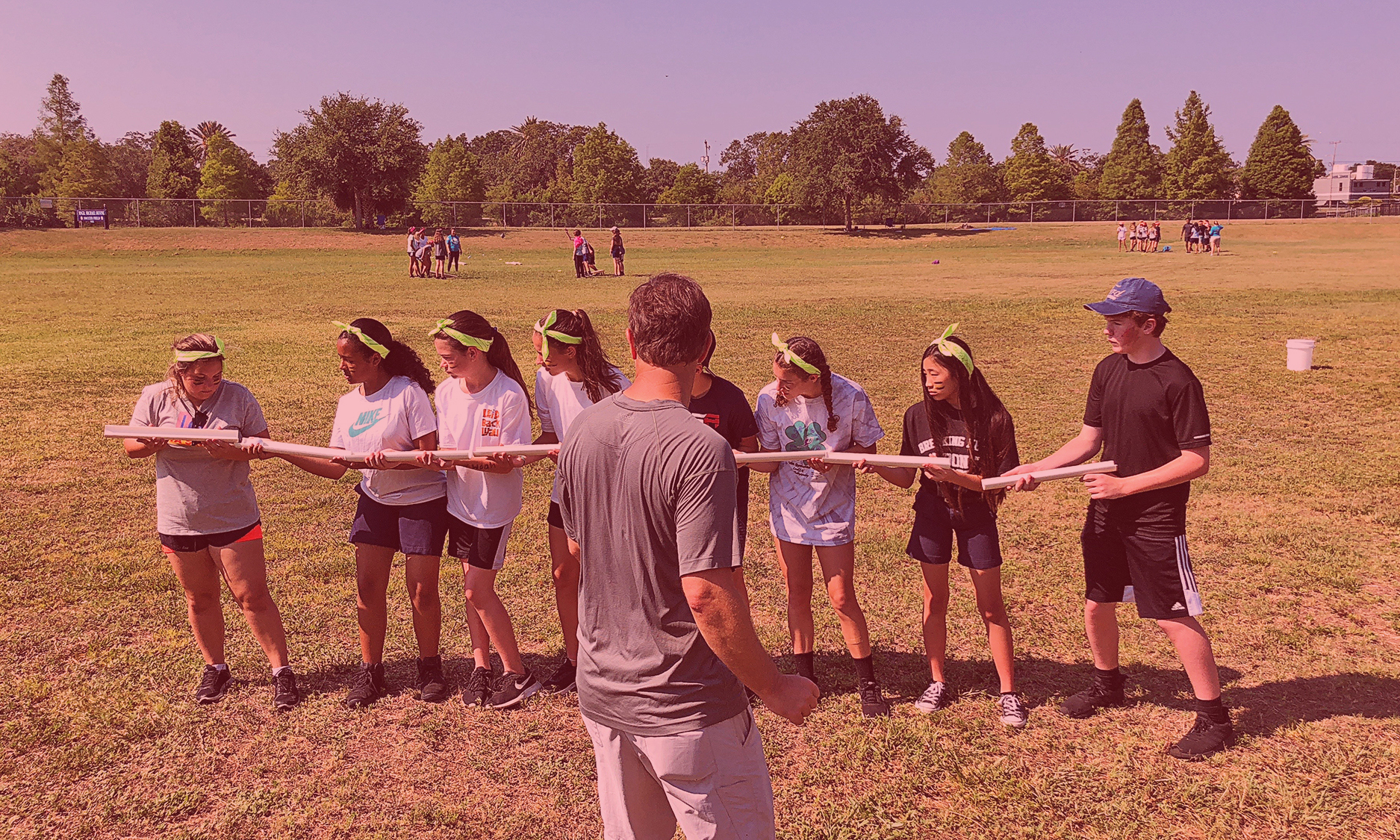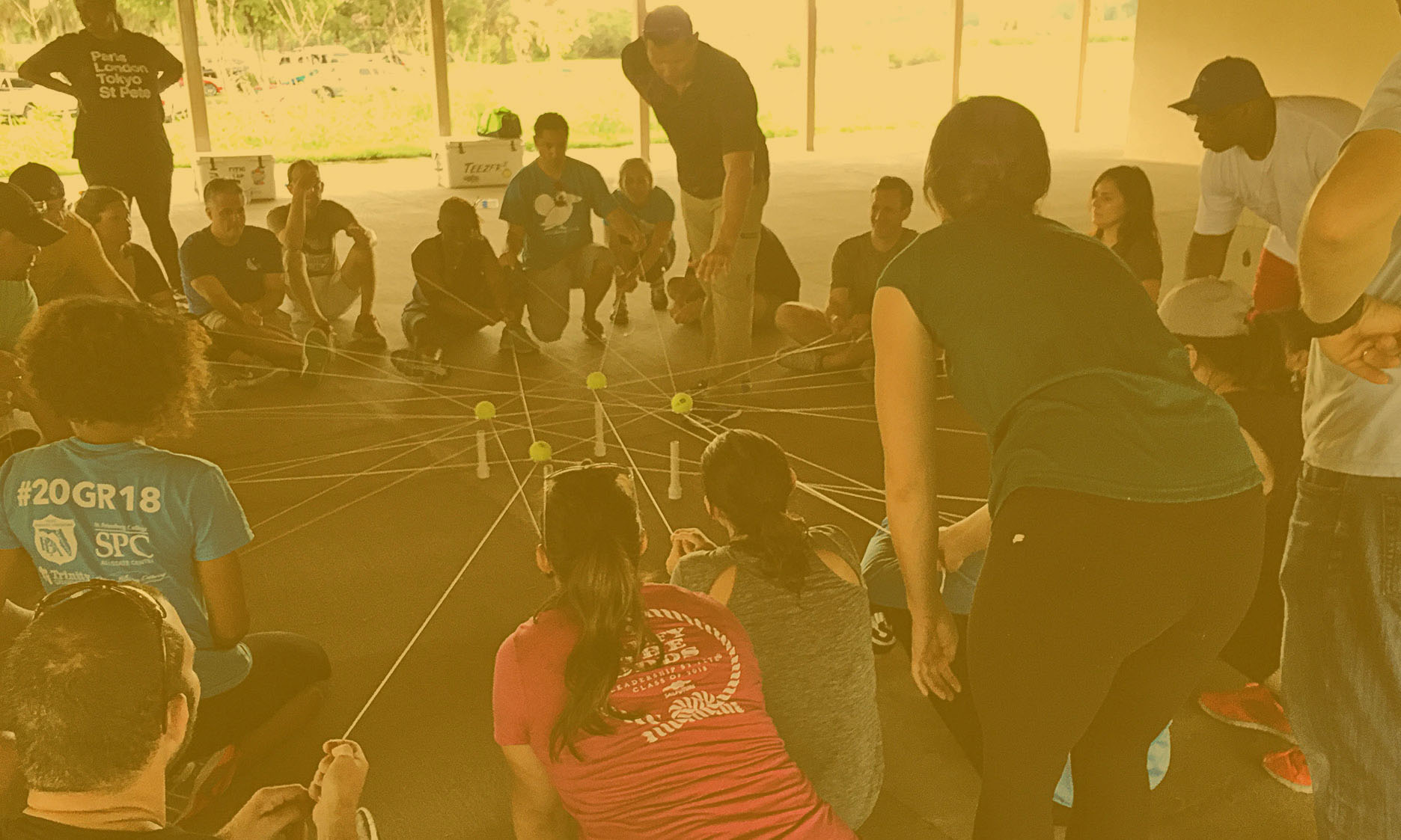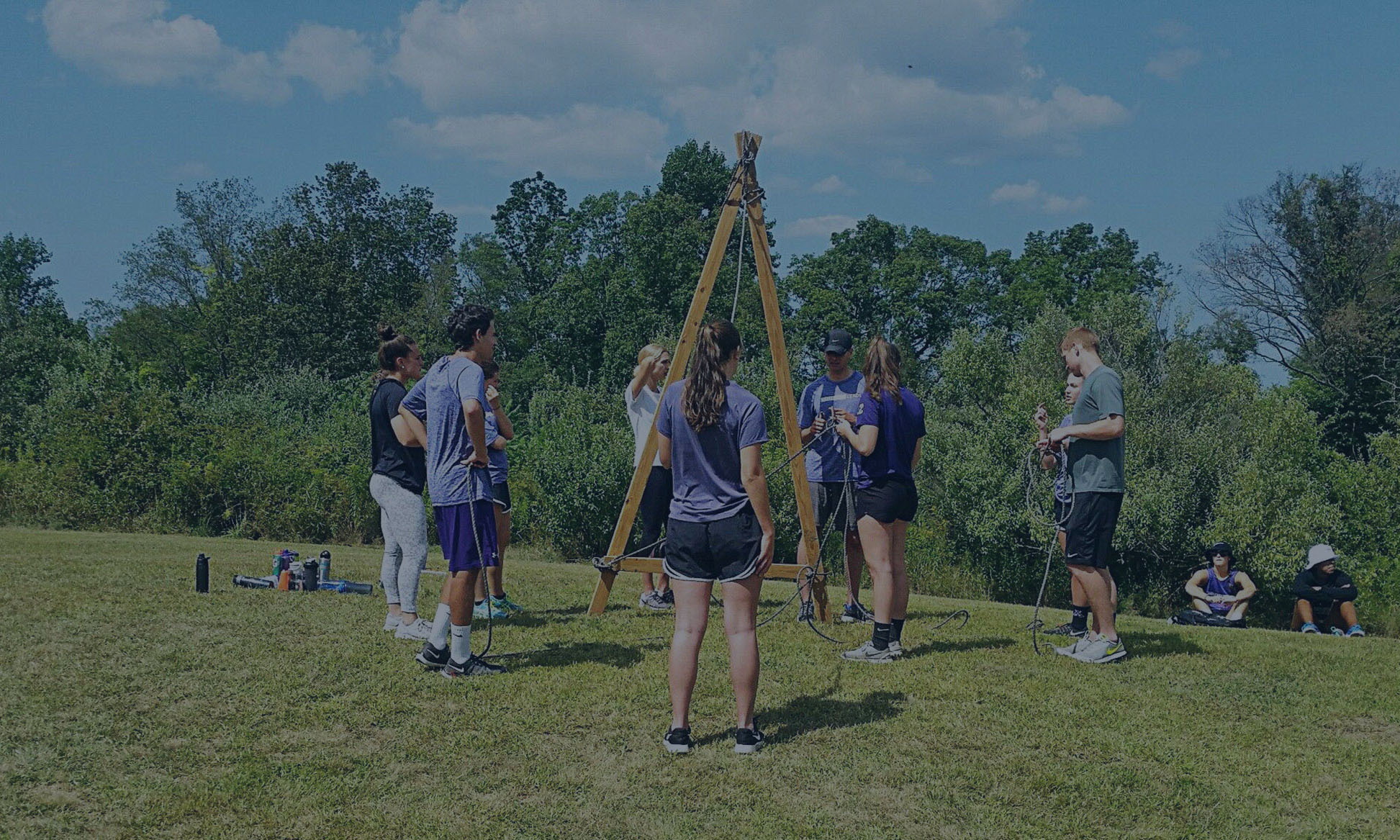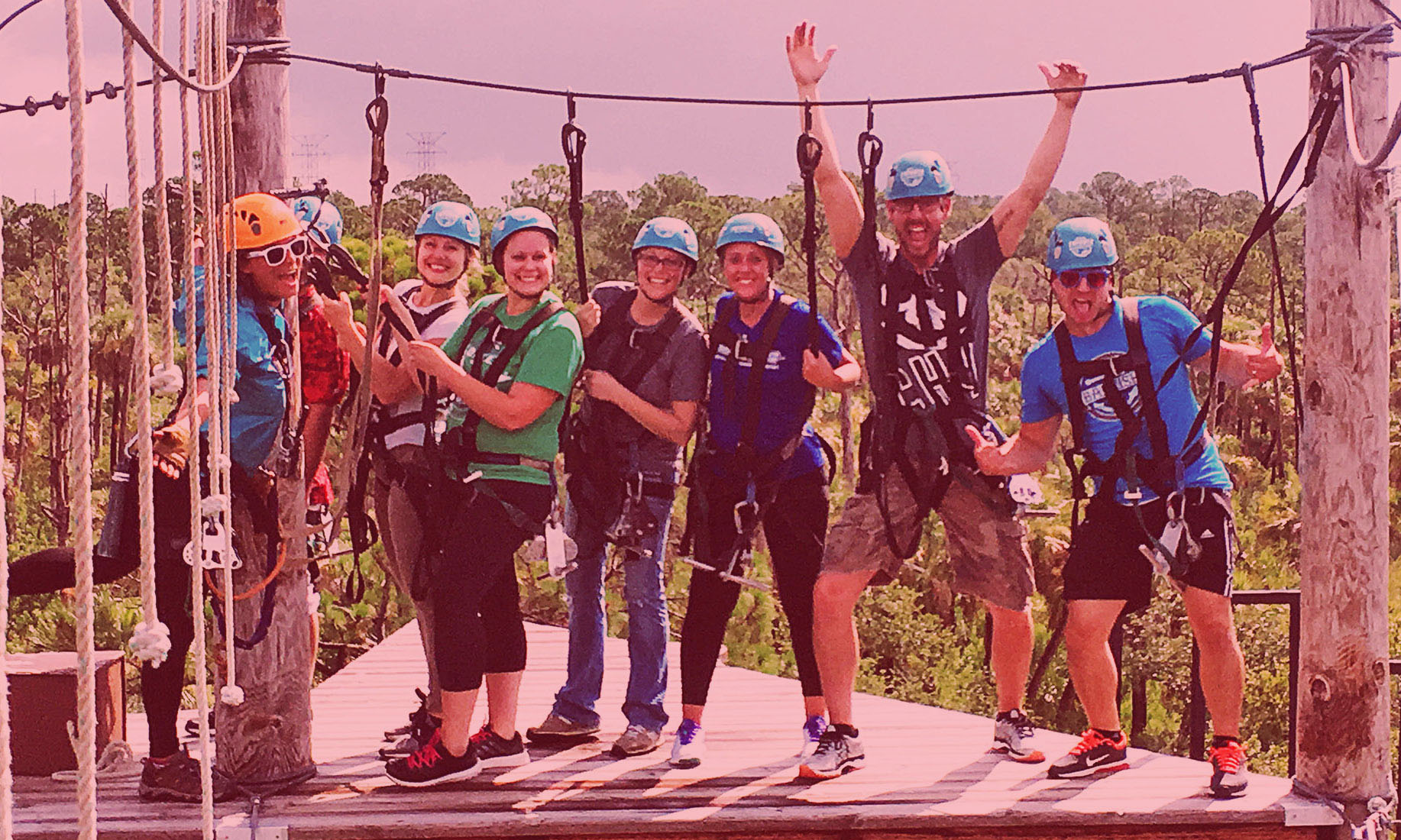Is Failure Actually an Option? Responding to Failure Opportunities.
Can you guarantee your own success, or the successes of your group/team? What are your immediate reactions to failure? How do you respond and recover when falling short of expectations? Can you turn a “failure” into a positive experience?
In some recent conversations with educators and coaches, as well my recent experiences facilitating various adventure programs for groups (youths, corporations, sports teams); I’ve noticed a couple of intriguing trends related to people and failure: (1) An Immense Fear of Failure and (2) Extreme, Innappropriate, and/or Volatile Negative Reactions to Failure. What is the root cause for these two trends? What can we do to prepare ourselves for the inevitable moments when we fall short of an expectation?
John Robertson, a retired teacher and recent contributor (March 12th, 2017) to the Casper Star Tribune (Wyoming), shares that “it can be argued that all of life’s activities involve some degree of risk” and that “risk could generally be defined as a change, or possibility of taking a loss; leading to consequences ranging from slight embarrassment to loss of life.” However, most of those “loses” or failures cause us little, if any, physical harm according to Robertson.
Robertson’s article highlights the harsh reality that, throughout an individual’s life, she or he will experience unwanted failures in addition to personal successes. While we should never go into a situation expecting to fail, we should be prepared to appropriately handle the inevitable moments in which we fall short.
There is not a short and direct answer to how we should prepare for moments of failure. However, with some practice, and a positive mindset, we can learn to turn our failures into opportunities for improvement. The idea is to identify “low-risk scenarios” in which we explore our personal “Stretch Zone”; the moments when we are not 100% confident in our abilities. During our “Stretch Zone Exploration”, we will find ourselves in situations where the percentage of a successful outcome is equal to that of an unsuccessful outcome.
Because the scenario involves little “real-world risk”, we can confidently push ourselves to put our best foot forward regardless of the potential outcomes. The more time we spend in our Stretch Zone, the better we will become at turning those moments of failure into opportunities for growth – leading to us fearing failure less and less! The experiences, along with a mindset for improvement and development, will minimize and/or eliminate volatile responses to failure and help individuals recognize failure as a growth opportunity. Improvement never comes easy; our development will come from spending time in our “Stretch Zone”, learning from the moments when we fall short, and building confidence during our moments of triumph!
Learn to Help Others
Teamwork is an important component of leadership training. During the program, some people may rise to challenges and others may struggle, but no one can fall behind. Team members must learn to help others to step up to the challenge. Like all other skills learned during leadership training, the ability to help others is applicable to any real-life situation.
Youth Leadership Development at Empower Adventures
At Empower Leadership, our leadership development programs help young people develop the skills and confidence to become leaders in their community. Not only are our programs are great learning opportunities, but they’re also a lot of fun. With adventure-based courses and our enthusiastic instructors, your child is sure to have a good time and make some memories. To sign up for a program, contact Empower Leadership today!




